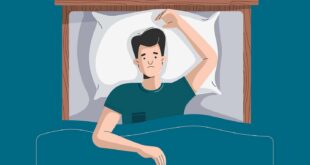When is anxiety a mental health problem?
Anxiety can become a mental health problem if it impacts your ability to live your life as fully as you want to.
For example, it may be a problem if:
– your feelings of anxiety are very strong or last for a long time,
– your fears or worries are out of proportion to the situation,
– you avoid situations that might cause you to feel anxious,
– your worries feel very distressing or are hard to control,
– you regularly experience symptoms of anxiety, which could include panic attacks,
– you find it hard to go about your everyday life or do things you enjoy.
If your symptoms fit a particular set of medical criteria then you might be diagnosed with a particular anxiety disorder.
But it’s also possible to experience problems with anxiety without having a specific diagnosis.
Our sections on self-care and treatment for anxiety offer suggestions for help and support.
“You know that feeling when you’re rocking on the back legs of your chair and suddenly for a split second you think you‘re about to fall; that feeling in your chest?
Imagine that split second feeling being frozen in time and lodged in your chest for hours/days, and imagine with it that sense of dread sticking around too, but sometimes you don’t even know why.”
 Therapy for anxiety Therapy for anxiety
Therapy for anxiety Therapy for anxiety



